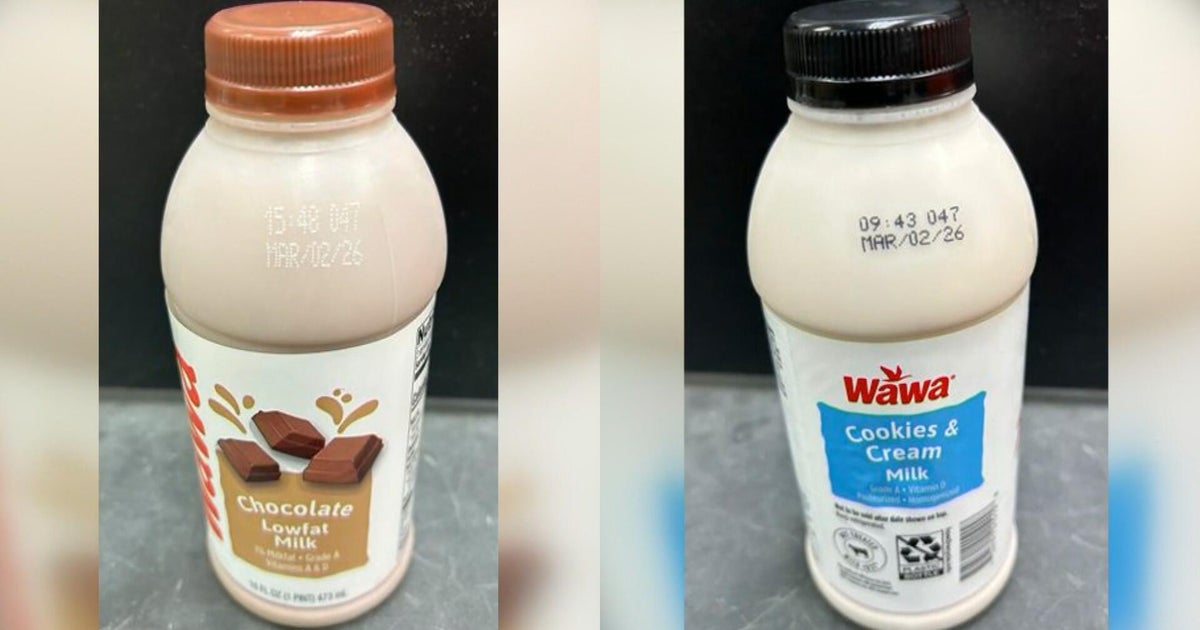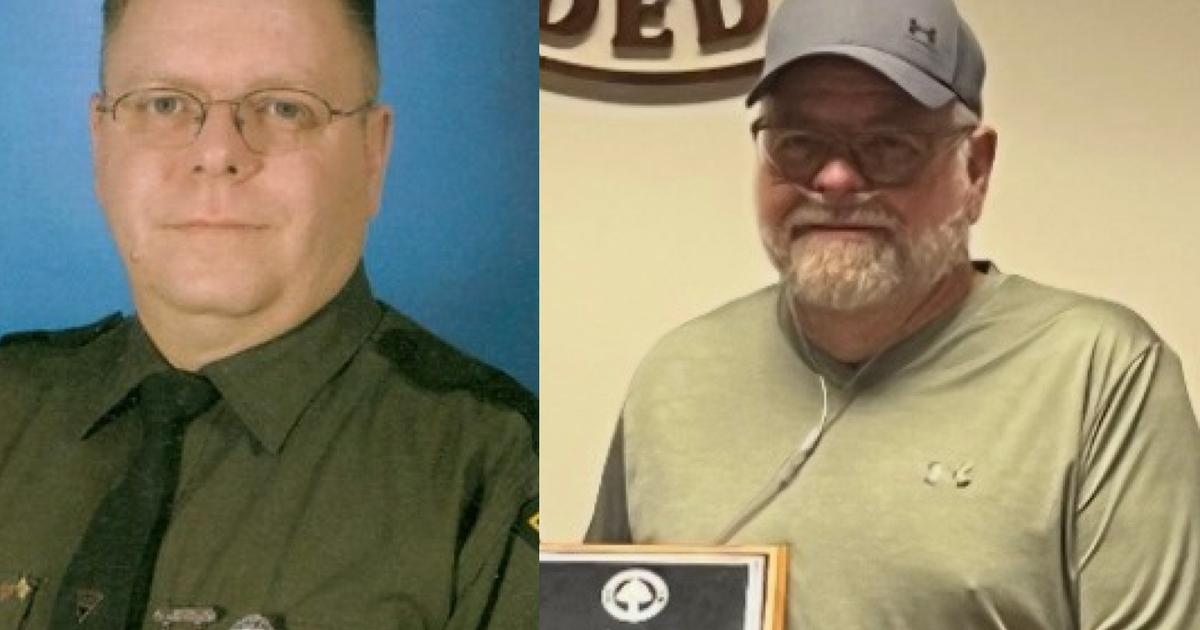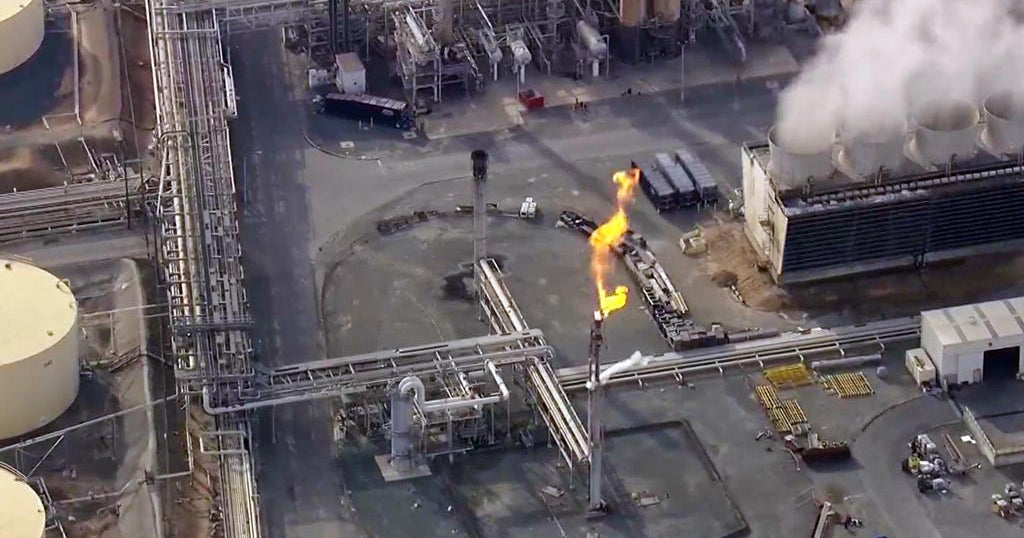Benzene, a known carcinogen, found in some popular acne products, lab says. Here's what to know.
A testing company says benzene, a chemical that is a known carcinogen, has been found in another commonly used product: topical acne treatments.
Valisure, a Connecticut-based company that operates an analytical laboratory, issued a citizen petition to the U.S. Food and Drug Administration, publicly released on Wednesday, saying it has found "high levels of benzene" in acne products containing benzoyl peroxide, including popular brands like Proactiv, Clearasil, PanOxyl and products from Estée Lauder's Clinique, Target, Walgreens and Walmart.
As part of the petition, the company requests that the FDA "recall and suspend sales of benzoyl peroxide from the US market."
Valisure says the high levels are a result of the benzoyl peroxide decomposing into benzene over time when combined with other substances in acne medication — not due to contamination during manufacturing. Valisure said this was particularly seen at higher temperatures in its testing.
The highest levels were generated by heating samples to 37° Celsius (98.6° Fahrenheit), 50° C (122° F), and 70° C (158° F). Valisure president David Light told CBS News the company tested benzene levels at higher temperatures because the medication can be exposed to prolonged heat when in settings like a car on a hot day or a bathroom where there's steam from a shower.
Valisure ran tests at various temperatures over 18 days and found some products "can form over 800 times the conditionally restricted FDA concentration limit of 2 parts per million (ppm) for benzene" in two weeks at 50° C (122° F). Benzene levels at room temperature were more modest, ranging from about 1 to 24 parts per million.
In a statement provided to CBS News Wednesday evening, an FDA spokesperson said that "the agency acts on information provided from a variety of sources, such as that provided by Valisure, but such data must be verified as accurate and reproducible before it can be utilized to make regulatory decisions such as recommending product sale suspensions and recalls. The agency will continue to provide updates to the public regarding benzene in drug products, as appropriate."
The FDA spokesperson also acknowledged that the agency had received the citizen petition.
"When we respond to the petition we will respond directly to petitioner and post the response in the designated Agency public docket," the FDA spokesperson said.
CBS News has reached out to the manufacturers of the products named in the petition for comment.
Reckitt, which owns Clearasil, said in a statement that it is "confident that all Clearasil products, when used and stored as directed on their labels, are safe. The safety and quality of our products is our top priority and we work closely with regulators around the world to ensure our products are safe and effective for their intended use."
"Sandoz stands behind the safety and efficacy of our products," another manufacturer said.
After previous testing by Valisure found benzene in other health and beauty products, the FDA and companies including Unilever and GlaxoSmithKline challenged its findings and test methods.
What does this mean for consumers?
Even if Valisure's results are valid, the clinical significance is still unknown. Two of the three labs that Valisure said it used to verify its results confirmed their work to CBS News; a third has not yet replied.
While health officials have confirmed that long-term exposure to high levels of benzene in the air can cause leukemia, there is no evidence so far that conventional use of these acne products increases the risk of blood disorders like that.
Benzoyl peroxide has been approved for acne treatment for more than 60 years. There are also other types of acne products on the market.
Yale School of Medicine dermatologist Dr. Christopher Bunick told CBS News that acne treatments with active ingredients that don't include benzoyl peroxide are available, such as those with salicylic acid. Patients should talk to their health care providers about whether to avoid products with benzoyl peroxide, he adds.
Bunick collaborated with Valisure but does not collect compensation from the company.
He also explained that the percentage of benzoyl peroxide in a product does not indicate the potential level of benzene that could result — it all depends on the other ingredients used.
"Benzoyl peroxide could be as low as 1%, 2.5% [or] as high as 10% in different products. ... It may not matter that if you're at the low end of the benzoyl peroxide concentration, some of those products may have higher benzene formation than the 10%," Bunick told CBS News. "It's about the formulation. It's about some of the other molecules that are combined with the benzoyl peroxide that destabilizes it. So the percentages won't tell you."
Cancer-linked chemicals found in other products tested by the lab
This isn't the first time Valisure has sounded the alarm on potentially cancer-causing chemicals in products.
In 2019, Valisure found levels of NDMA, a probable carcinogen, in ranitidine, the active ingredient in the popular heartburn pill Zantac. In April 2020, FDA requested that manufacturers remove all ranitidine-containing products from the market.
In 2021, Valisure found benzene contamination in some brands of hand sanitizer. The FDA later issued guidance to consumers about avoiding certain products.
Valsure has also previously found benzene in sunscreen, body spray products and dry shampoo. Some of those products were recalled, but manufacturers including Johnson & Johnson, Unilever and Coppertone parent company Beiersdorf stood by their safety.
–Dr. Jon LaPook, Leigh Ann Winick and Angelica Fusco contributed to this report.







